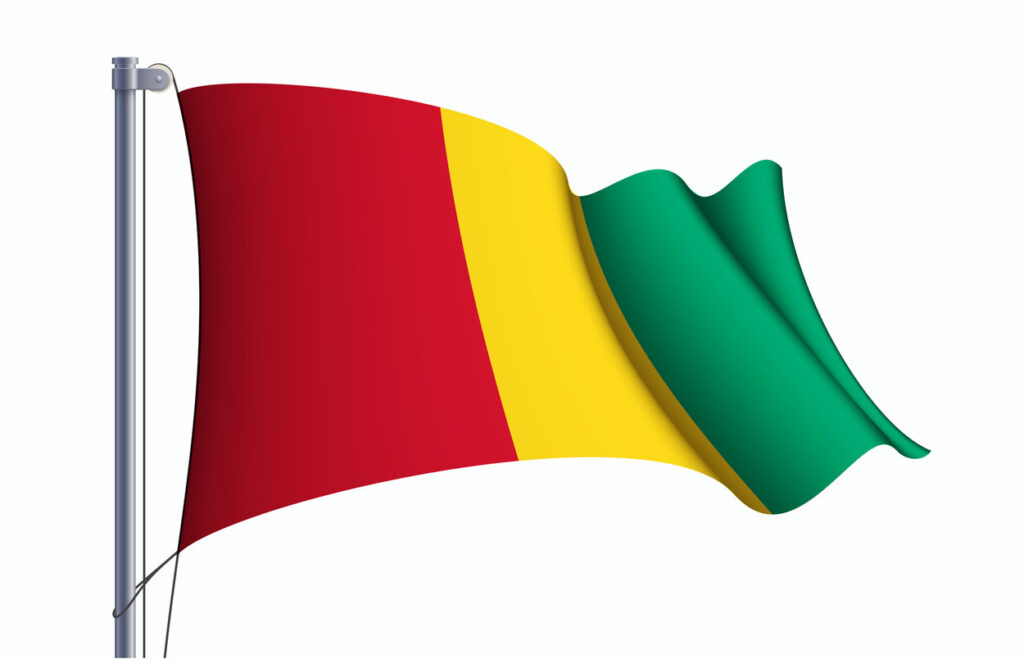This Day In History: October 2nd
The West African nation of Guinea is home to a population of more than 10 million people and is full of natural resources such as gold, diamonds and oil. The former French colony declared its independence on October 2, 1958, and opted for complete independence rather than entry into the French West African Community.
Prior to colonization, the nation was controlled by native groups, including the Susu and Nalu. The towns and villages of Upper Guinea were eventually incorporated into the Mali Empire and west-central Guinea became subject to Fulani rule. By the 15th century, the Portuguese began arriving in the region and established a route on the slave trade that lasted until the 18th century.
By 1881, Guinea was under French protection and became part of the federation of French West African colonies in 1895. The nation received its present-day boundaries after treaties signed by Liberia and Great Britain during World War I. However, more than 75 years after falling under French control, Guinea decided against entry into the French West African Community.
Guinea was the only West African colony of the French to vote against membership in 1958 which led to its independence on Oct. 2. The Guineans were under the influence of Sékou Touré, who served as the country’s first president. Touré was an organizer who became active in politics in the mid-1940s and helped to form the African Democratic Rally.
He was well-spoken and even elected to be a Guinean representative to the French National Assembly. Although he was elected to the Assembly, he was continuously blocked from participation until 1955. Despite attempts to stop Touré from being active in the French National Assembly, he was elected mayor of Conakry in 1955 and by the end of 1957, he became vice president of the Executive Council of Guinea.
After the rejection, France withdrew all aid from the newly independent nation, which left Touré responsible for finding other sources of capital. Touré remained in power until his death in 1984. Political and economic uncertainty were recurring in the years after independence. Guinea held its first democratic election in 2010, but unfortunately, that has not had a major impact on stopping conflict and coups from taking place.


